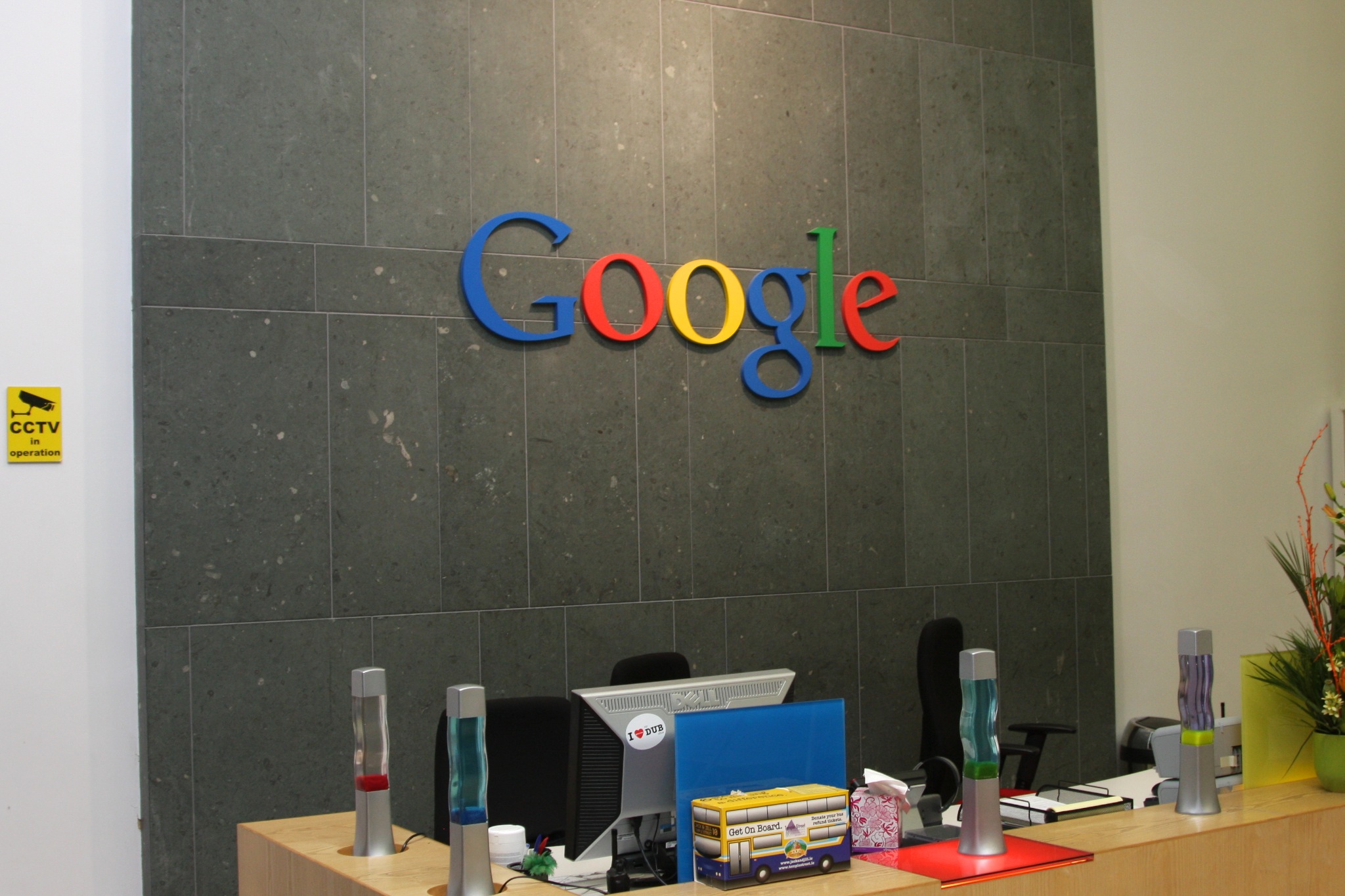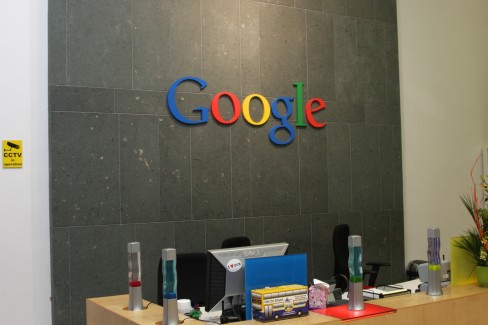Google, Bing and other major search engines should be forced to demote websites that pirate content, according to a report complied by major entertainment companies in the UK.
The report, called ‘Responsible Practices for Search Engines in Reducing Online Infringement; Proposal for a Code of Practice‘, was created by The British Phonographic Industry, the Motion Picture Association, the Premier League, the Publishers Association and Pact. It was submitted to the UK government’s Culture Minister, Ed Vaizey, as part of a wider review of digital content.
Confused
According to the report internet users are currently confused by what amounts to legal or illegal services online, “and may not always know for certain which [sites] are legitimate and which are not.” It says that the design of “illegal sites,” and their placement in search engine means users “are faced with a confusing array of legal and illegal services.”
“As time goes on, the situation is getting worse rather than better. Illegal sites are proliferating and they are becoming increasingly sophisticated and convincing, so that consumers are lured into using them. Illegal sites now commonly carry fake logos, carry advertising from known and respected brands, and use ‘trusted’ payment processers which all inspire confidence in the user.”
Illegal sites
The entertainment industry calls for search engines to demote sites that pirate digital copyrighted content and completely remove “substantially infringing sites.” “Illegal sites” should not be promoted through online ads and should not be allowed to host ads.
They also recommend to the Minister that a scheme be set up to accredit websites that are licensed to sell copyrighted digital content.
Speaking to the BBC the Open Rights Group’s Peter Bradwell said, “There’s nothing there about how licensed or unlicensed or illegal sites are going to be determined. There’s nothing in there about independent oversight and due process.
“It’s just another example of extremely vague proposals based on fluffy evidence.”
The Chief Executive of the British Phonographic Industry countered, when speaking to The Guardian, by putting the focus clearly on search engines, “The vast majority of consumers want search engines to direct them to legal sources of entertainment rather than the online black market.”
The document was released under a Freedom of Information request by the Open Rights Group who said it contains “some dangerous ideas.” It comes as Ireland passes what has been described as SOPA-like legislation that would allow copyright litigators to obtain court orders forcing ISPs to block access to certain websites.













